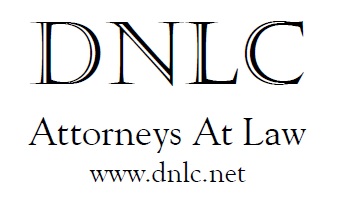Colony Cove Properties, LLC v. City of Carson: Ninth Circuit Court of Appeals Holds that City’s Refusal to Approve a Mobile Home Park Landlord’s Request for a Rent Increase is not an Unconstitutional Taking in Violation of the Fifth Amendment
Once again, a court has rejected a property owner’s inverse condemnation claim on a rent control issue. With the recent rent control initiative in California apparently gathering enough signatures to be placed on the November 2018 ballot, the case is yet another setback for challenging rent control ordinances on taking grounds. The ballot measure would repeal the 1995 Costa Hawkins Act, which places limits on the municipal rent control ordinances. Though challenges to rent control can be successful, they remain difficult and this case is another example of the hurdles property owners face. Below is a brief summary.
In 2007, Colony Cove Properties, LLC, the owner of a mobile home park in Carson, NV, petitioned the city’s Rent Review Board for a $200.00 rent increase per mobile home space. The city applied the guidelines set forth in its Mobile Home Space Rent Control Ordinance and the Rent Review Board granted a rent increase of $36.74. In 2008, Colony requested a $342.46 rent increase. The Board again applied the Ordinance’s guidelines and granted a rent increase of $25.02. Colony filed an inverse condemnation suit against the city arguing the city’s refusal to grant the requested rent increase constituted a regulatory taking. Over the City’s objection, the trial court allowed a jury trial. The jury returned a verdict in favor of Colony finding a regulatory taking and awarded over $3 million in damages.
The Ninth Circuit Court of Appeals, applying the Penn Central factors reversed the district court’s decision, finding that even if the lost rental income asserted by Colony equated to a diminution in value, the reduction was not sufficient to establish a regulatory taking. The appeals court determined that the Ordinance’s purpose of protecting mobile home park residents from excessive rent increases weighed against a finding that the application of the Ordinance constituted an unconstitutional taking. The appeals court ultimately held that no reasonable trier of fact could conclude that the Board’s denials of Colony’s requested rent increases were the functional equivalent of a direct appropriation of the property, as required to find an unconstitutional taking in violation of the Fifth Amendment.

